THE CHALLENGES OF RESELLING YOUR DIAMOND: EXPLORING THE COMPLEXITIES FOR CUSTOMERS
RESELLING DIAMONDS AND DIAMOND VALUES, WHAT A CUSTOMER SHOULD EXPECT
This post contains affiliate links. If you use these links to buy something I may earn a commission. Thanks! As an Amazon Associate I also earn from qualifying purchases.
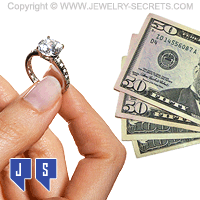
Diamonds, often hailed as timeless symbols of love and luxury, have long maintained their allure in the jewelry market.
However, when it comes to reselling diamonds as a customer (as in a broken engagement, a divorce, old jewelry, or you just want some extra cash), the process is often far from straightforward. Despite their enduring value, several factors contribute to the inherent difficulties customers face when attempting to resell their diamonds.
So let’s delve into some of the key reasons why it can be arduous and complex for individuals to resell their diamonds.
1. Subjective nature of diamond valuation:
One of the primary challenges in reselling diamonds lies in their subjective valuation. Unlike other commodities with standardized market prices, diamonds lack a transparent pricing mechanism. The value of a diamond depends on various characteristics, including the four Cs: carat weight, cut, color, and clarity. Evaluating these factors accurately requires expertise and specialized equipment, which most customers lack. Consequently, the lack of standardized pricing can result in disparities between the original purchase price and the offered resale value.
2. Emotional attachments and sentimental value:
Diamonds often hold deep emotional significance, especially when they serve as engagement or wedding rings. Sellers may find it challenging to detach themselves from the sentimental value attached to their diamonds, which can cloud their judgment during the resale process. Emotional factors can lead sellers to have unrealistic expectations regarding the resale value, making negotiations harder and prolonging the time required to find a suitable buyer.
3. Limited market and demand:
The diamond resale market is notably smaller than the market for new diamonds. While there are numerous potential buyers for new diamonds, the pool of buyers interested in purchasing pre-owned diamonds is considerably lower. Many consumers prefer to purchase new diamonds due to factors such as warranties, guarantees, financing, and the ability to customize their own jewelry. Consequently, the demand for second-hand diamonds is often restricted, making it more challenging to find interested buyers and achieve a favorable resale price. One other factor for low demand is the actual style or shape of the item. Diamonds such as the marquise diamond, or older styles and antiques, may not grab the attention and interest one would desire. Many jewelers or individual just may not want them, hence the values depreciate even more.
4. Depreciation and retail markup:
Diamonds, despite their reputation for being “forever,” are subject to depreciation in value. Like most luxury goods, diamonds tend to lose a significant portion of their retail value upon purchase. Additionally, when you decide to sell a diamond, the resale price is further impacted by the retail markup, or appraisal values applied by jewelers. These factors combined can make it even more difficult for customers to recoup their initial investment when reselling their diamonds.
5. Lack of transparency and trust:
The diamond industry has historically faced issues related to ethical concerns, including conflict diamonds and opaque supply chains. Such concerns have led to a lack of transparency and trust within the industry, which, in turn, affects the resale market. Customers may find it challenging to navigate the complex landscape of diamond reselling, unsure of the legitimacy and reputation of potential buyers. This lack of trust can hinder the entire process and deter customers from pursuing the resale of their diamonds altogether. Can you really trust the stranger online selling expensive diamonds?
So what’s a customer to do?
While diamonds retain their allure and beauty, reselling them as a customer can be a daunting task. The subjective nature of valuation, emotional attachments, limited market demand, depreciation, and lack of transparency all contribute to the complexities involved. As a seller, it is crucial to manage expectations, seek reputable buyers, and be prepared for potential price discrepancies.
Exploring alternative avenues, such as auctions, trade-ins, or consignment with reputable jewelers, may also increase the chances of a successful resale. Ultimately, understanding the challenges and realities of reselling diamonds empowers customers to make informed decisions and approach the process with pragmatism.
In recent years, online platforms like Mercari, Facebook Market Place, Ebay, Craig’s list, have emerged that aim to address some of the challenges associated with reselling diamonds. These platforms provide a marketplace where individuals can list their diamonds for sale, connecting them with potential buyers. They often offer expert evaluations, transparent pricing, and assistance throughout the selling process. Such platforms can help bridge the gap between sellers and buyers, providing a more accessible and reliable avenue for diamond resale.
To enhance the chances of a successful diamond resale, there are certain steps customers can take:
- Obtain a professional appraisal: This is different then having a certificate. Certificates don’t have values, and also don’t reflect the condition of the items right now (chipped diamond, worn prongs, thin shank, scratches). You’ll need an up-to-date appraisal for that (appraisals 20 years old will not help in the least). Engage the services of a reputable gemologist or jewelry appraiser (most jewelry stores will appraise your items with documentation, images, and current retail prices; for a fee, of course) to assess the diamond’s quality and determine its current market value. A professional appraisal can provide an unbiased evaluation (and the current condition of the item) that serves as a valuable reference point during negotiations.
- Research potential buyers if possible: Before engaging in any transactions, thoroughly research potential buyers or platforms to ensure they have a good reputation and a track record of fair dealings. Look for reviews, testimonials, and certifications that demonstrate their credibility and reliability.
- Consider alternative selling channels: Explore alternative options beyond traditional jewelry stores. Online marketplaces, consignment services, and auction houses specializing in fine jewelry and diamonds may offer better opportunities for reselling your diamond. These platforms often have a wider reach and attract buyers specifically interested in pre-owned diamonds.
- Manage expectations: Recognize that the resale price of a diamond is likely to be much lower than its retail value. Understand the market trends, current demand, and comparable previous sales (look at sold items on eBay) to set realistic expectations regarding the potential resale price.
- Preserve documentation: Maintain all relevant documentation, including certificates, receipts, and appraisals. These records substantiate the authenticity and value of the diamond, instilling confidence in potential buyers and facilitating the resale process.
- Timing is key: Consider the timing of your resale. Economic conditions, seasonal demand, and trends within the diamond market can influence the likelihood of a successful sale. Patience and strategic timing can improve your chances of finding a buyer willing to pay a competitive price. Also keep in mind that many young couples are opting into alternative diamonds like lab-grown diamonds, because the retails prices are half the price of earth-made diamonds. This could have even a bigger impact on resell values now and in the future.
While the challenges of reselling diamonds as a customer can be formidable, they are not insurmountable. By understanding the complexities involved and adopting a proactive approach, sellers can navigate the process more effectively. Seeking professional guidance, leveraging reputable platforms, and conducting thorough research are vital steps towards achieving a successful diamond resale.
Ultimately, customers should approach the resale of their diamonds with a realistic mindset and an understanding of the market dynamics. By doing so, they can optimize their chances of obtaining a fair price and ensuring a smoother transaction process.
Cheers! :)


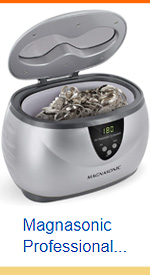

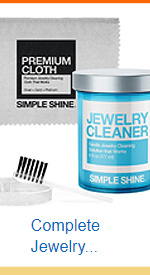
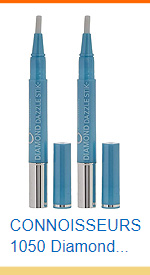
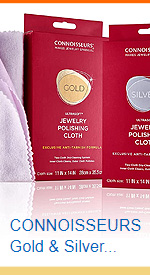
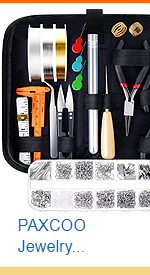
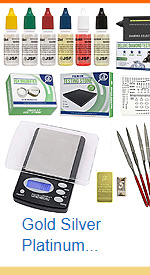
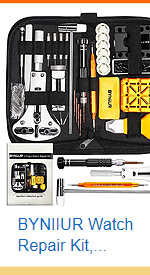
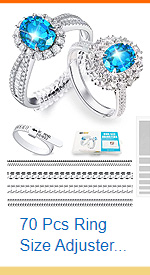
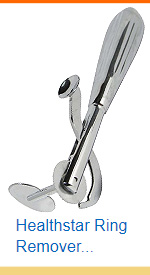
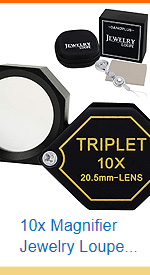

Leave a comment